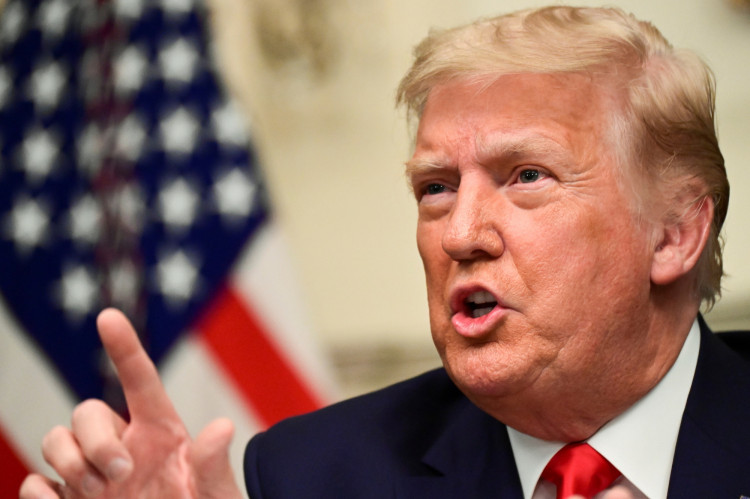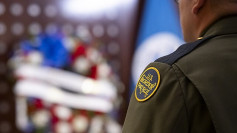Former President Donald Trump has been ordered to pay a staggering $355 million in damages, following a high-profile civil fraud trial in New York. The ruling, handed down by Judge Arthur Engoron, not only imposes a monumental financial burden on Trump but also significantly curtails his business operations, prohibiting him from serving as a corporate officer or director within the Trump Organization for a duration of three years.
Trump, known for his no-holds-barred approach to criticism, promptly lambasted the verdict as a "complete and total sham" on his social media platform, Truth Social.
He accused the New York justice system of being compromised by what he described as "partisan, deluded, biased Judges and Prosecutors," directing his ire particularly at New York Attorney General Letitia James, whom he branded as "racist" and "corrupt."
Trump's vitriolic response underscores his perception of the trial as yet another chapter in the ongoing "witch hunt" against him, which he argues is motivated by political vendettas rather than legal merits.
"The Justice System in New York State, and America as a whole, is under assault," Trump declared, insinuating that the legal actions taken against him are part of a broader effort to undermine his legacy and thwart his political aspirations. He vehemently defended his business practices, asserting that the financial statements under scrutiny were beyond reproach and that the entities involved, including banks and insurance companies, had profited substantially from their associations with the Trump brand.
Judge Engoron's ruling is particularly noteworthy for its direct impact on Trump's family, extending the operational ban to his sons Donald Jr. and Eric, who have been fined $4 million each. This familial dimension adds a layer of complexity to the case, highlighting the intertwined nature of Trump's business and personal life.
In his social media tirade, Trump also veered into more personal grievances, bizarrely alleging that artificial intelligence-generated images were being used by the media to portray him unfavorably. This claim, while seemingly unrelated to the crux of the legal ruling, is indicative of Trump's broader narrative of being besieged by a hostile media landscape.
This significant legal setback for Trump raises questions about the future of the Trump Organization and its capacity to navigate the substantial financial and operational constraints imposed by the ruling.
Furthermore, the decision has potential ramifications for Trump's political future, particularly as he positions himself for a possible 2024 presidential run. The ruling serves as a stark reminder of the ongoing legal challenges Trump faces, which could play a pivotal role in shaping public perception and his political viability in the lead-up to the next election cycle.






